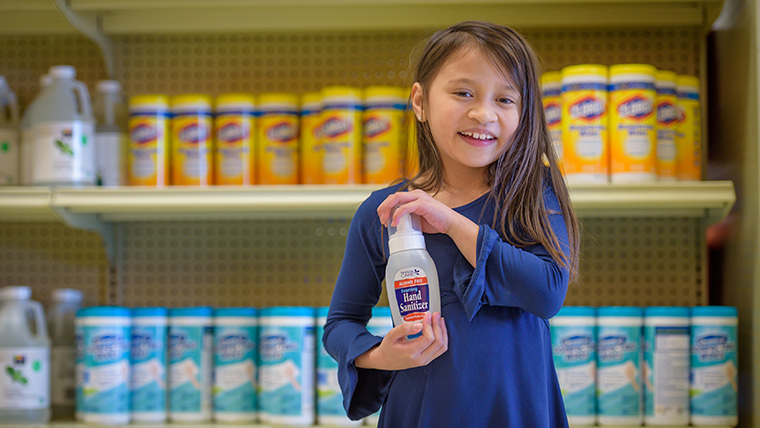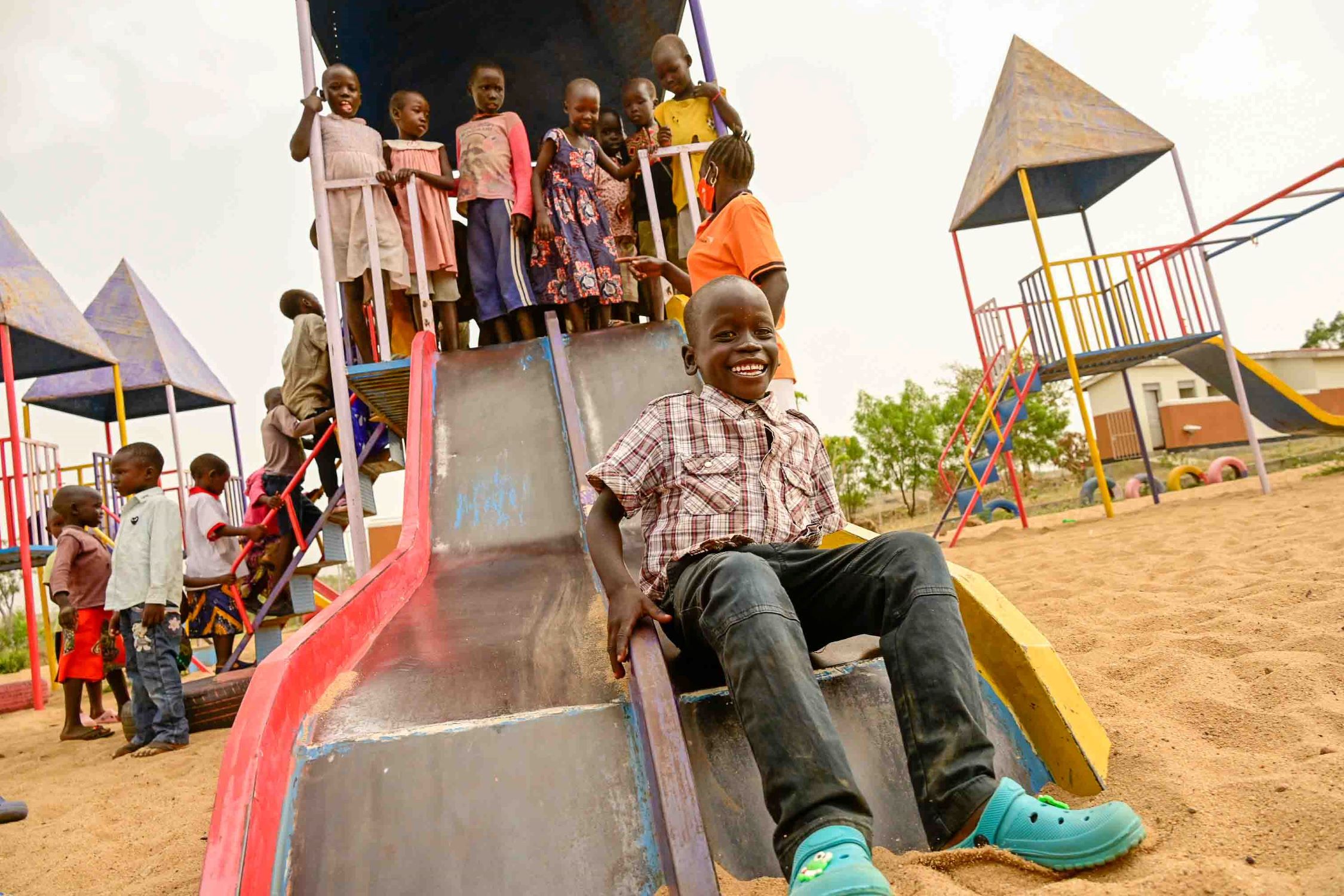
Coronavirus: How to talk to kids about crises
Our team’s best tips for talking to your kids about COVID-19
When a major disaster like the coronavirus outbreak hits, it can take over the news.
Disturbing images and graphic media coverage can be troubling for empathetic adults. But it can be scary or deeply distressing for young children.
So how do you talk with them about something difficult they’ve seen or heard in the news? How do you prepare them for what they might hear while talking with their friends? And how do you talk to them about events that directly impact their everyday lives?
World Vision has a lot of experience of researching and covering disasters and their effects on children. Our team also includes parents and people who care especially about kids. After all, that’s why we do the work we do.
Here are our team’s best tips for talking to your kids about coronavirus, and other natural disasters and emergencies in the news:
Tip #1: Find out what they know
Begin by asking an open-ended question like: “Tell me what you know about…” Then, follow up with something like: “How do you feel about…?” or “Why do you think that happened?” You may find out that your child knows more than you think or that they heard or imagined something inaccurately.
Tip #2: Explain the situation at an age-appropriate level
Use words and examples they’ll understand to explain what is happening, but keep it simple and don’t over-share. You don’t have to have all the answers. If you’re not sure why something happened, it’s okay to say you don’t know. But if you’re worried about the situation, discuss your own fears and thoughts with another grown up, not with a child.
Tip #3: Help your child feel safe
Reassure, give extra hugs, and show your children how you’re helping to keep them safe.
In the case of the coronavirus outbreak, point out and share the ways that your family is staying safe and keeping others safe, such as staying home from school, washing your hands, cleaning more frequently, and not playing with other friends.
If you pray, this is also a great time to pray together, give fears to God, and ask for comfort and protection.
Tip #4: Draw it out
Offer crayons and paper. Some children might not want to talk about something scary they’re thinking about, but it might be easier for them to draw about it. Children’s counsellors frequently use this technique, which we also find helpful at the Child-Friendly Spaces we set up after disasters.
Tip #5: Give them a way to help out
In the midst of disaster, there is always hope. After the UK government asked for volunteers to help the NHS in its fight against coronavirus on Tuesday, more than 500,000 people signed up. Children may be reassured to see emergency aid workers and good Samaritans helping those in need.
You can model generosity and invite your children to do something to help those affected by the disaster. It could be as simple as saying a prayer together, asking God to comfort disaster survivors, donating to your local foodbank, or fundraising for organisations working on the front line.
Learn more
READ MORE: Find out more about World Vision's response to coronavirus.


